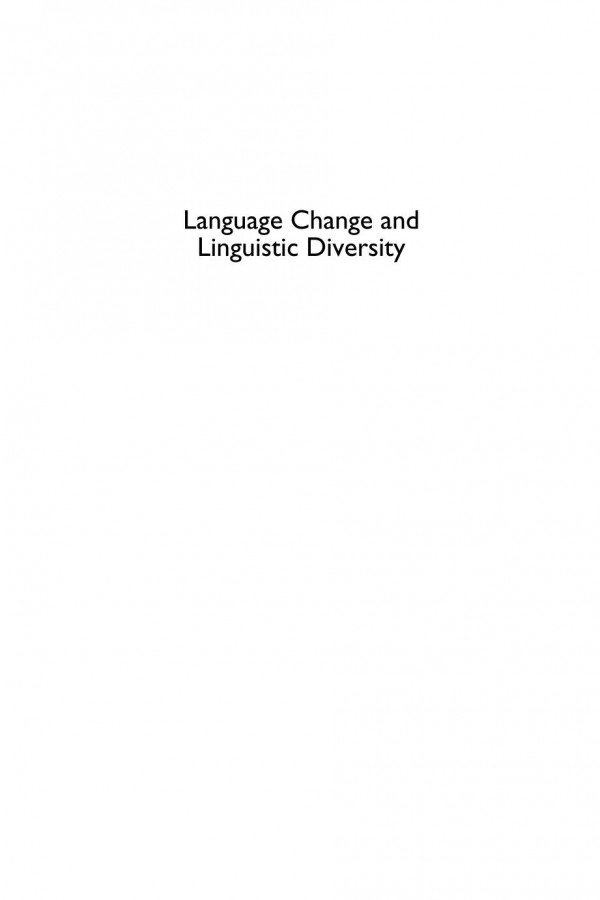

Most ebook files are in PDF format, so you can easily read them using various software such as Foxit Reader or directly on the Google Chrome browser.
Some ebook files are released by publishers in other formats such as .awz, .mobi, .epub, .fb2, etc. You may need to install specific software to read these formats on mobile/PC, such as Calibre.
Please read the tutorial at this link: https://ebookbell.com/faq
We offer FREE conversion to the popular formats you request; however, this may take some time. Therefore, right after payment, please email us, and we will try to provide the service as quickly as possible.
For some exceptional file formats or broken links (if any), please refrain from opening any disputes. Instead, email us first, and we will try to assist within a maximum of 6 hours.
EbookBell Team

4.3
58 reviewsProfessor Lyle Campbell has had a long and distinguished career and his extensive work on the languages of Mesoamerica have inspired research and researchers. In this volume, contributors come together to present new data, analyses and theoretical perspectives on how understanding language change raises questions for language documentation, description and even revitalization.
Coverage ranges from the linguistic isolates Basque and Mapundungun to large families such as Tupian and Austronesian and spans a range of theoretical issues including ongoing language change, etymological opacity, word order, alignment systems and grammatical relations, language contact, onomastics and the study of pre-history. The book shows that linguistic fieldwork, when carried out and used appropriately, allows for a more consistent understanding of language change, and for a better understanding of the ethnographic record. It also explores the junctures between language change, linguistic diversity and other related fields that draw on primary linguistic fieldwork.